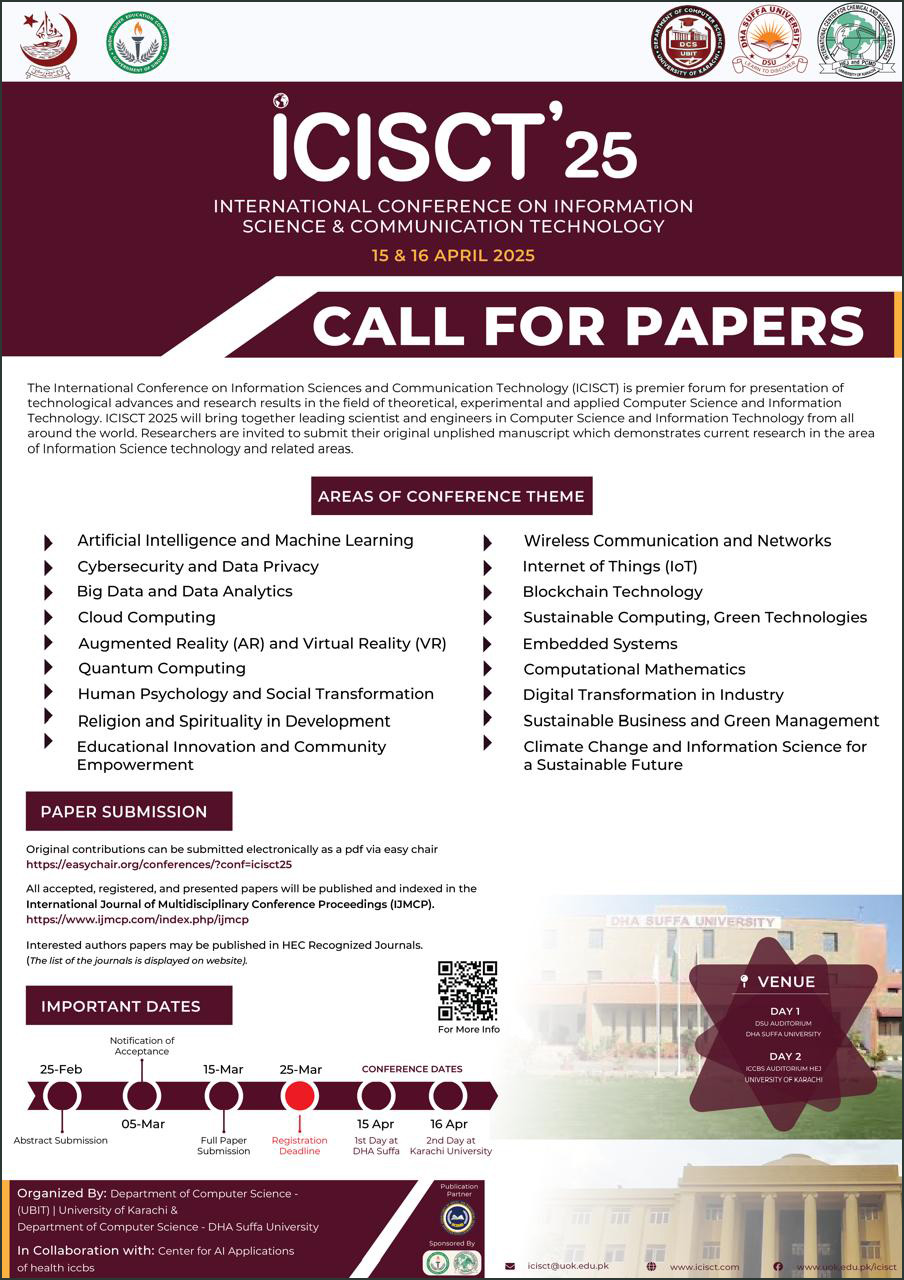The Mediating Role of Social Media on the Correlation of Parental conflict and academic Performance of University Students
DOI:
https://doi.org/10.61503/cissmp.v3i1.137Keywords:
Widowhood, Social, Cultural, Challenges, Bereavement, Gender discriminationAbstract
Social media encompasses discussion boards, publishing platforms, and social network sites. Facebook, YouTube, blogs, discussion forums, and other internet-based apps are a few examples of social media. The primary aim of this research was to investigate the influence of social media usage among university students on both their academic performance and parental conflict. Secondly to investigate any potential mechanisms that may underlie this link. Numerous researches have looked at the detrimental effects of conflict between parents on children's academic performance, which suggests that social media may play a mediating role in the relationship between parental conflict and university students' academic success. Quantitative research approach was used. To gather the data, the target population was 100 students of Thal University in Bhakkar. The sampling technique was simple random sampling. Data collection tool was a questionnaire which has close ended questions. The findings suggest that students' engagement with social media has become ingrained in their daily routines, consuming a significant portion of their leisure time. The extensive time spent on social media by respondents underscored its negative impact on their academic performance. The array of both advantageous and detrimental factors affecting the intellectual and spiritual growth of the younger generation has greatly expanded with the advent of mobile phones and other computer technologies.
Downloads
Downloads
Published
Issue
Section
License
Copyright (c) 2024 Hina gul, Muhammad Ali Zia, Abdul Rasheed

This work is licensed under a Creative Commons Attribution-NonCommercial 4.0 International License.
Contemporary Issues in Social Sciences and Management Practices (CISSMP) licenses published works under a Creative Commons Attribution-NonCommercial (CC BY-NC) 4.0 license.









